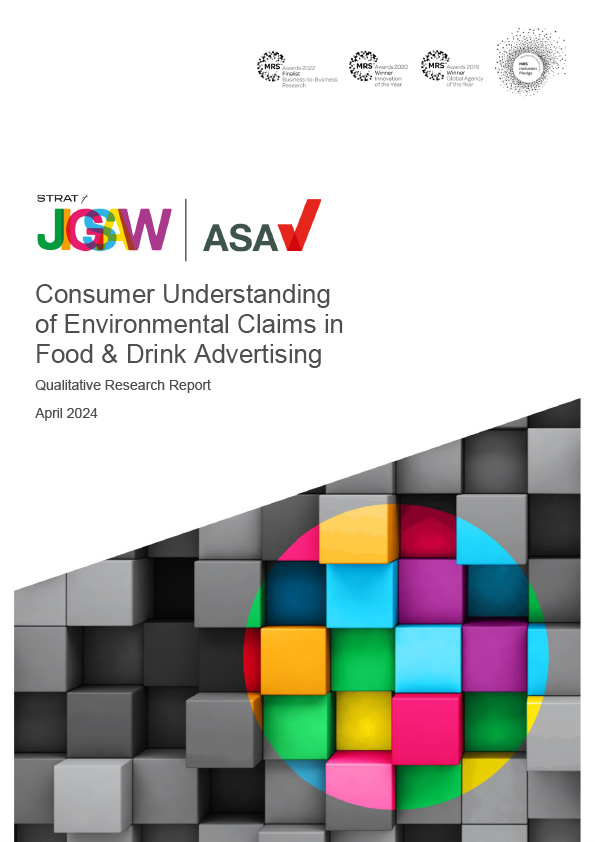Words such as ‘natural’ and green imagery in food and drink ads can instil an eco-friendly ‘halo effect’ in the minds of consumers, according to new research from the Advertising Standards Authority [ASA].
A spokesperson said, We’ve regulated environmental claims in ads for years and, as part of our Climate Change and Environment Project, we’ve been conducting targeted research into key areas of climate concern. This latest research examines how the public understand green claims in food and drink ads, as well as their own buying habits.
“The research found that using green imagery, such as fresh produce or green colours, as well as terms like ‘natural’ or ‘plant-based’ in ads, was a powerful motivator in making people believe that a product or service was eco-friendly, even if the ad wasn’t making any specific claims.
“The report also found that people tend to take broad green claims at face value, with only a minority including the more environmentally engaged, business sceptics and vegans and vegetarians questioning them. There was the assumption that advertising was subject to regulation, and that specific terminology like ‘vegan’ would be accurate.
“While climate change is a key concern for the public, we discovered that most people are making food purchasing choices based around nutritional value and health, rather than environmental impact. Consumers also reported that the claims and counterclaims of the environmental impact between plant-based products vs animal products effectively ‘cancelled each other out’.
“In response to these findings, we’ll be engaging with industry and other partners to further explore some of the key issues such as ‘regenerative farming’, a claim we’re seeing increasingly present in ads, to get a better understanding of what it means and how the public would understand it.
“Although our review of ad claims has generally found good levels of compliance with our rules, we’ll take further action from July 2024 to tackle any problems we find through our proactive monitoring and from complaints.
“And we’ll continue to work with our partners such as the CMA, DEFRA and the Institute for Grocery Distribution [IGD] to gather information, provide guidance and publish Insight Articles to help advertisers get it right.”
Nicky Baker, Compliance Executive, added, “This research provides us with a greater insight of how the British public understand green claims in ads for food and drink, as well as how they’re making purchasing decisions.
“So far, we’re pleased to say that advertisers are broadly getting it right in this sector. Our job is to make sure that remains the case, and to ensure that businesses have all the tools and guidance they need to make sure their ads aren’t misleading.
“We’re committed to tackling problem ads that make misleading or inaccurate green claims. Commissioning research projects like these, using our AI-powered Active Ad Monitoring system to analyse thousands of ads making green claims, and working closely with our regulator partners means we can ensure we’re a proactive, effective regulator.”



